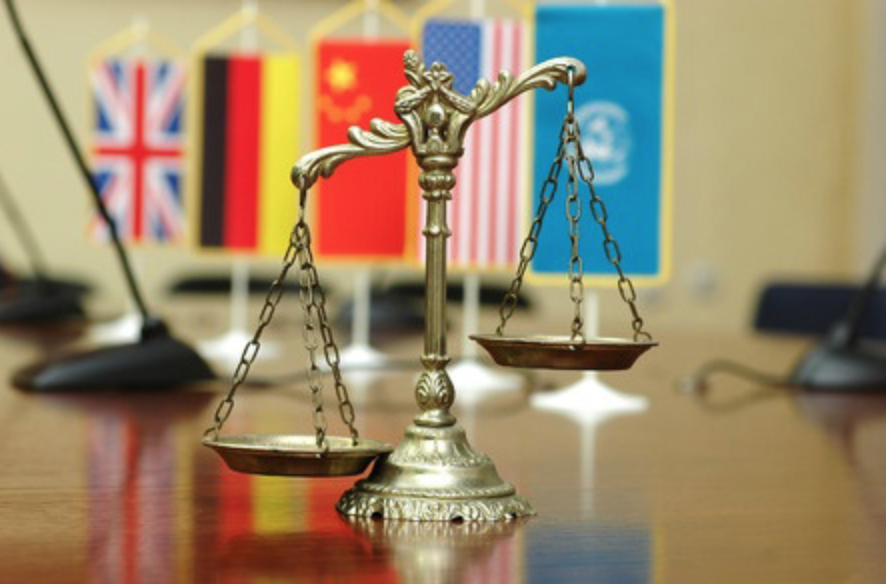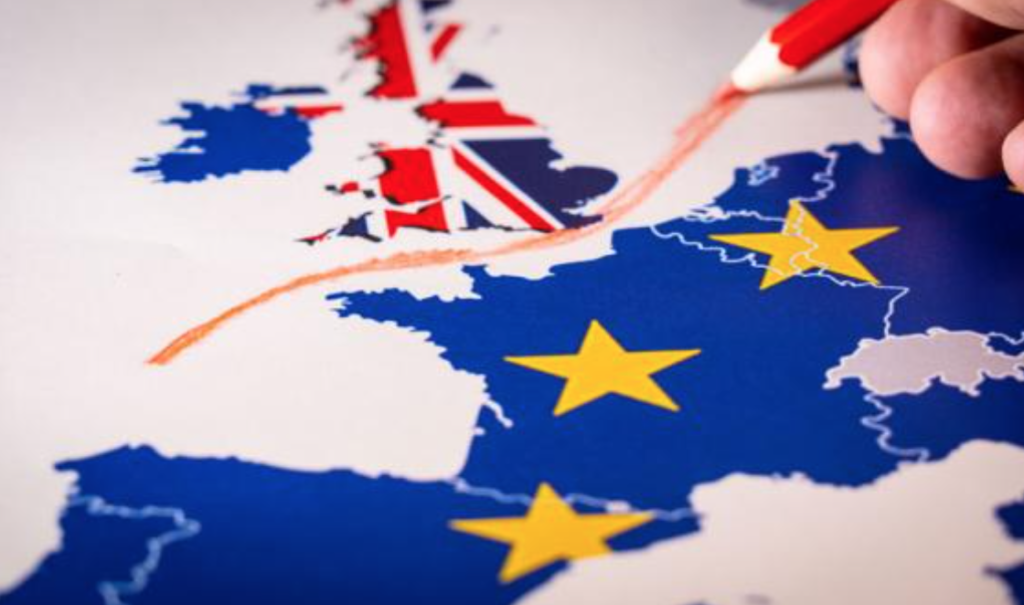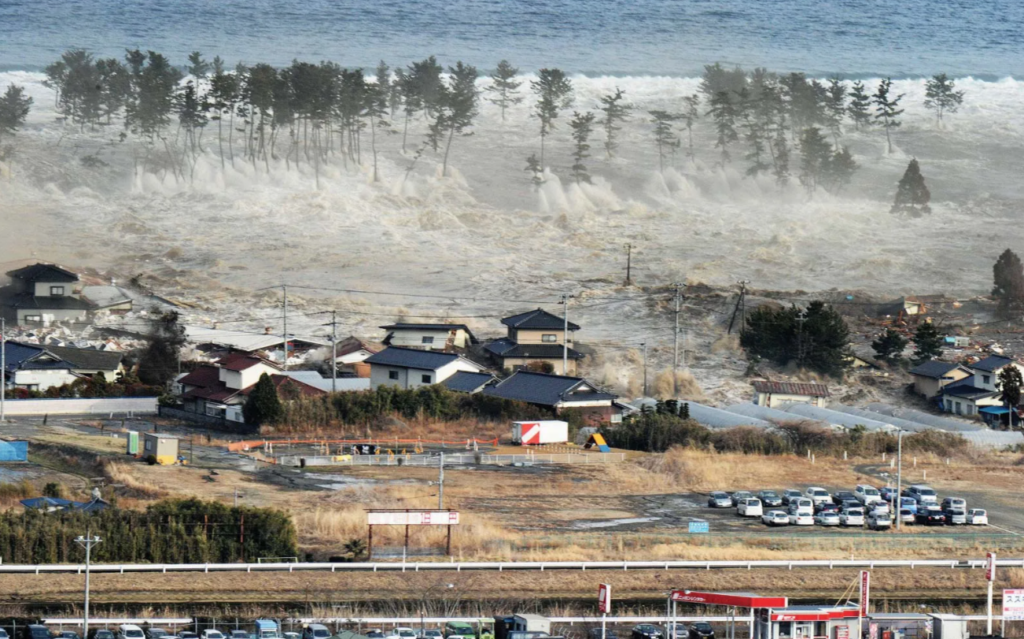3 political risks when trading internationally
Here at Venerable Capital, we like to talk about international trade and about all topics related to export. In the previous article, we discussed how you can potentially reduce the commercial risk when trading internationally. Following one of the 5 ways we suggested, will give you a strategic advantage against default payments with new customers from other countries. But there are more aspects you should take into consideration before starting your export business internationally. One of them, which will be the topic of this article, is the political risks when trading internationally.
Political risks when trading internationally.
Differences in law
One of the first and most important political risks when trading internationally we must take into account, are the differences in law. Every country has its own laws concerning products and services. For example, France has very trade policy than a country like Belgium. We must consider this before opening a factory in one country or another. Before starting to trade in other countries, you might have to acquire the correct licenses. The establishment acts, employments contracts, dismissal regulations… are all topics you need to be aware of. Therefore, it might be handy to have a responsible person or ambassador for your company in the country you want to export to.
Another important aspect to consider in relation to differences in product or service legislation is the impact they may have on a company’s intellectual property. Intellectual property laws vary significantly from country to country, which can affect how a company protects its patents, trademarks and copyrights. In addition, some countries may have stricter regulations on product safety, which means more stringent quality control and safety testing before being able to market in that territory.
 Changes in foreign government policies
Changes in foreign government policies
After knowing all of this, it still isn’t certain that everything will stay the same. Countries can always change their laws due to internal or external political issues. Hence, changes in foreign government policies are a big risk as well. A perfect and recent example of this is the fact that the United Kingdom left the European Union. This had disastrous effects on the trade with the country. Suddenly, all people and companies that ordered products from or were destined to be there, had to pay import taxes. This made everything much more expensive and made the trade less lucrative and interesting in this country. Overall, we are quite safe with the free trade policies here in Europe. But international trade goes beyond Europe. So be sure to always do your research on the political situation of a country, if you want to export there.
 Disasters
Disasters
When all the previous topics are looked at and checked out, we would say it is quite safe to start your international trade. But even though a country’s political and economic situation may seem stable, there are always unpredictable factors that can affect trade. For example, fluctuations in commodity prices, natural disasters and armed conflicts can have a major impact on a country’s economy.
For example, in 2011, the floods in Japan caused major issues for international trade with the country. All lines were closed in the country, so no communication was possible. Natural disasters aren’t the only thing you should be careful of. Think about wars and embargos. Russia has come into the media a lot lately; due to the horrible war, they are conducting with Ukraine. This has a major impact on trade with the country. A lot of big companies such as MacDonald, Nestle, and many others have ceased their export to Russia.
Therefore, it is important to be prepared for any eventuality and have a contingency plan in case something unexpected happens. Constant research and monitoring of political and economic developments in the destination country can help anticipate and better manage any potential risks in international trade.
 So here at Venerable Capital, we would advise you not to lay all your eggs in one basket, and diversify the countries you export to. Having said all of that, we wish you the best of luck with you export plans!
So here at Venerable Capital, we would advise you not to lay all your eggs in one basket, and diversify the countries you export to. Having said all of that, we wish you the best of luck with you export plans!





